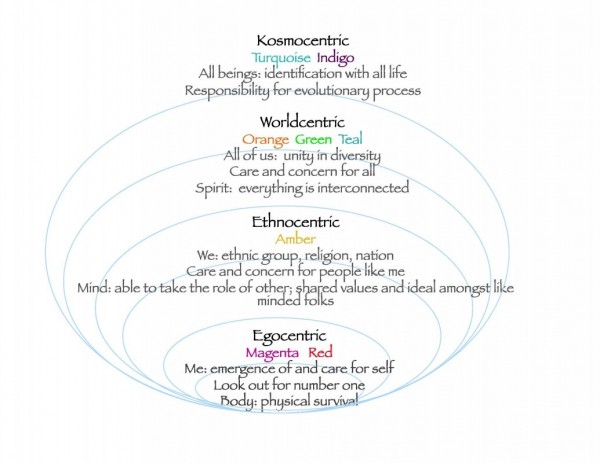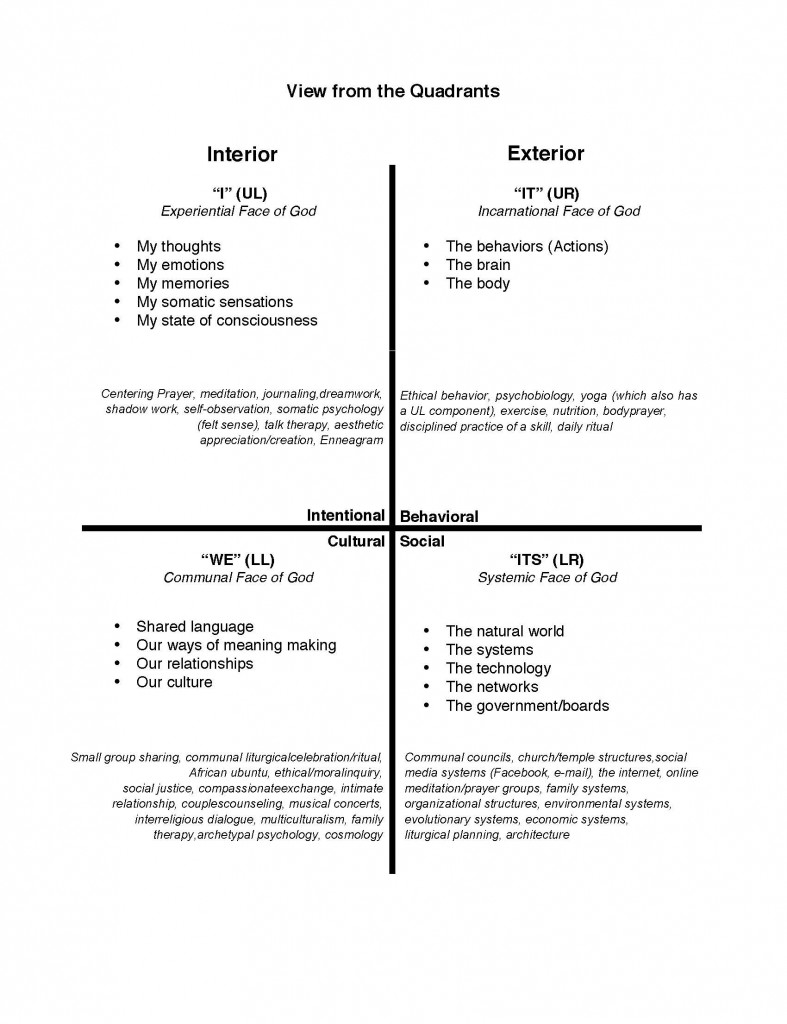Goethe once wrote, “Progress has not followed a straight ascending line, but a spiral with rhythms of progress and retrogression, of evolution and dissolution.” We live with a clear paradox . . . compelling evidence of human evolution and equally compelling and often horrific evidence of what appears to be our lack thereof. In order to defend what Ken Wilber calls the “secret drive of the universe,” both our advances and regressions must be addressed. For many of us, the... Read more
















